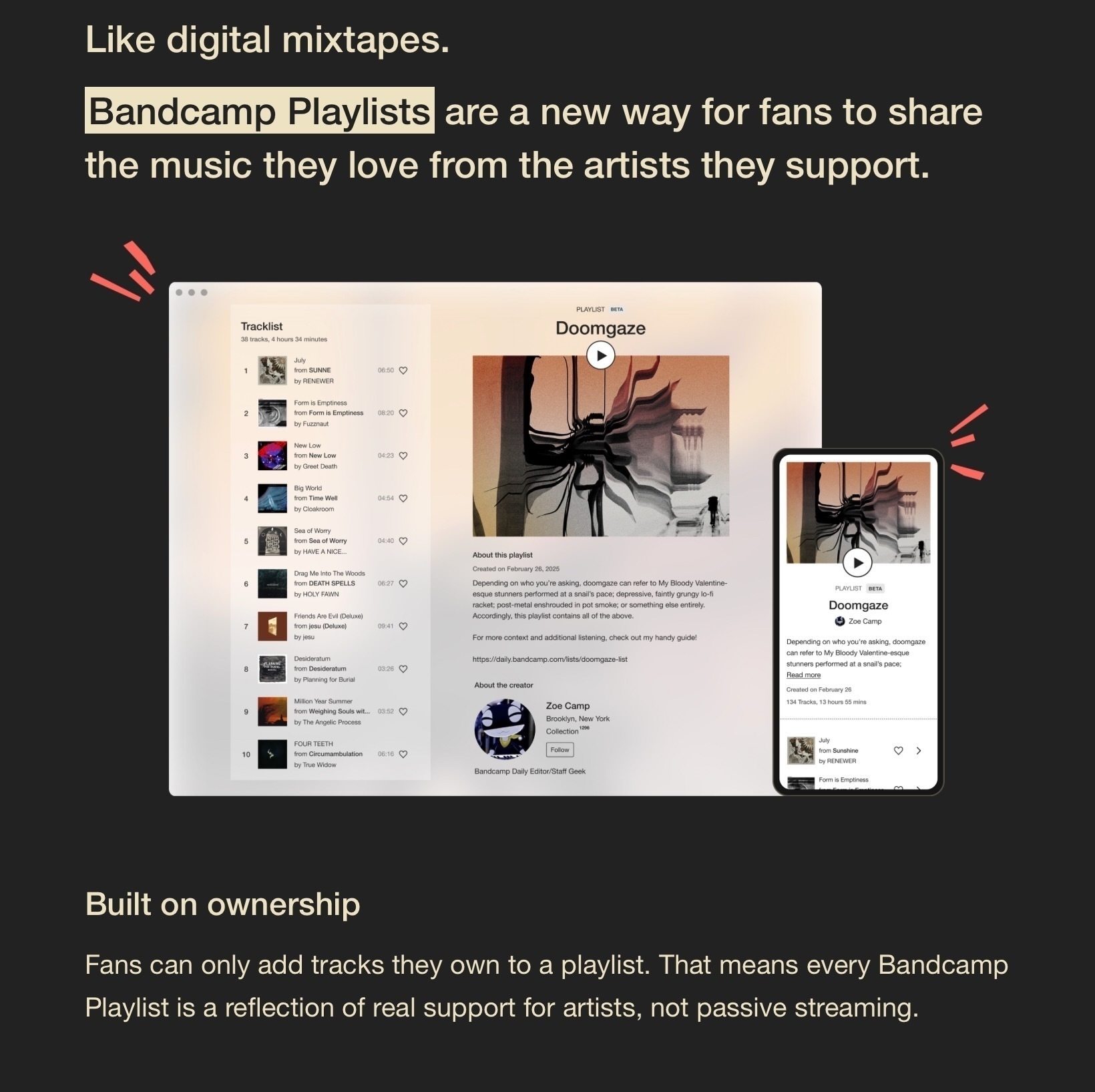Microsoft made the Model Context Protocol (MCP) a major focus of their Build conference last week. Though the Microsoft engineer I spoke with, who is heavily involved in AI thought the emphasis was a little overplayed, it’s easy to understand some of the excitement. Seeing your favorite applications easily plug into agentic AI through a standardized protocol can open your mind to the possibilities. The first integration to spark my interest is with Readwise.
In simpler terms, setting up your own Readwise MCP server allows you to chat with your Readwise highlights using an external chat client (such as Claude), rather than the Chat function on the Readwise website.
I let my Readwise subscription lapse some time ago, after a bit of disappointment with their Reader app. However, as I mention in my blog’s bio, I am an inveterate notetaker and spend time searching through my saved articles, notes and highlights. Many of my searches end up being less-than-fruitful. So, while not particularly a showcase of agentic AI, the ability to chat with my corpus of articles is something that could prove to have significant utility.
Use case: My wife and I went to our first Orthodox Christian wedding yesterday. She remarked at how many young, single men she saw in attendance. I told her much ink has been spilled writing about the phenomenon. I promised to send her one of the articles I had saved on the subject. First, I said, I would have to hook up Claude to Readwise and Matter to Readwise so I could use the chat interface to find the article. “I don’t want to know what you are doing with your AI stuff,” was her response. She wants to eat the steak, but she doesn’t want to know how I’m slaughtering the cow.

